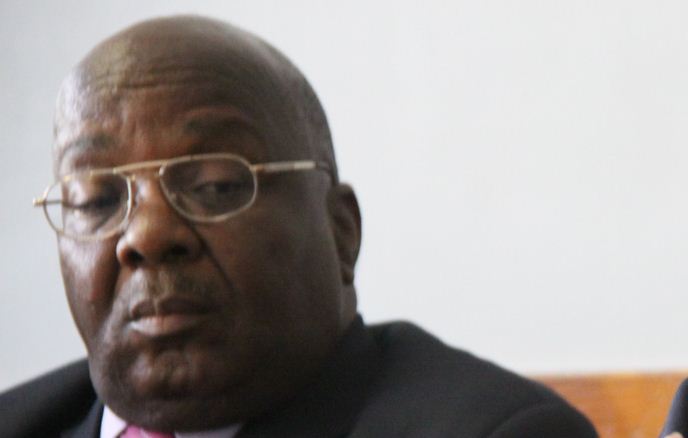
GOVERNMENT has failed to adequately fund the newly-formed Department of Forensic Sciences, which was allocated a paltry $400 000 for the 2017 financial year against a requirement of $3,2 million to operate efficiently.
BY VENERANDA LANGA

The department’s director, Birthwell Mutandiro early this week told the Parliamentary Portfolio Committee on Health that government’s under-capitalisation would affect criminal investigations and create a backlog in criminal and civil cases.
Mutandiro said as a result of under-capitalisation, the department would not afford to acquire the requisite equipment for scientific investigations as well as to conduct deoxyribonucleic acid (DNA) tests.
“Forensic science is an expensive undertaking, where the department does scientific investigations of crime and needs support in terms of equipment, vehicles and expensive chemicals and reagents,” he said.
“We bid for $3,2 million to cover initial recapitalisation stages, but the figure of $400 000 that we were allocated takes us nowhere.”
One piece of scientific equipment is said to cost more than $100 000.
Home Affairs ministry secretary, Melusi Matshiya, who appeared before the committee with Mutandiro, said the danger of under-capitalising the department was that police work would be hindered whenever they required scientific analysis.
- Chamisa under fire over US$120K donation
- Mavhunga puts DeMbare into Chibuku quarterfinals
- Pension funds bet on Cabora Bassa oilfields
- Councils defy govt fire tender directive
Keep Reading
“There are backlogs in criminal and civil cases that date as far back as 2004, which have not been covered due to lack of equipment and reagents. This entails backlogs at the Zimbabwe Republic Police and the courts of law because they rely on expert scientific evidence. It means court cases cannot be drawn to a conclusion,” Mutandiro said.
Matshiya said scientific evidence was not static and samples of blood might rot if left for too long in cases where forensic evidence might be required for murder cases.
“The majority of cases that need forensic evidence are murder and rape cases. DNA analysis is not cheap as it costs $620 000 to get a full DNA analysis kit. In cases of DNA testing, we have resorted to external sourcing in countries like South Africa because there are legal parameters that a scientist who provides forensic evidence must be accredited,” Matshiya said.
Mutandiro said South Africa was doing DNA tests for Zimbabwe at zero cost per sample, but the expenses incurred were for transport and allowances for the scientists.











